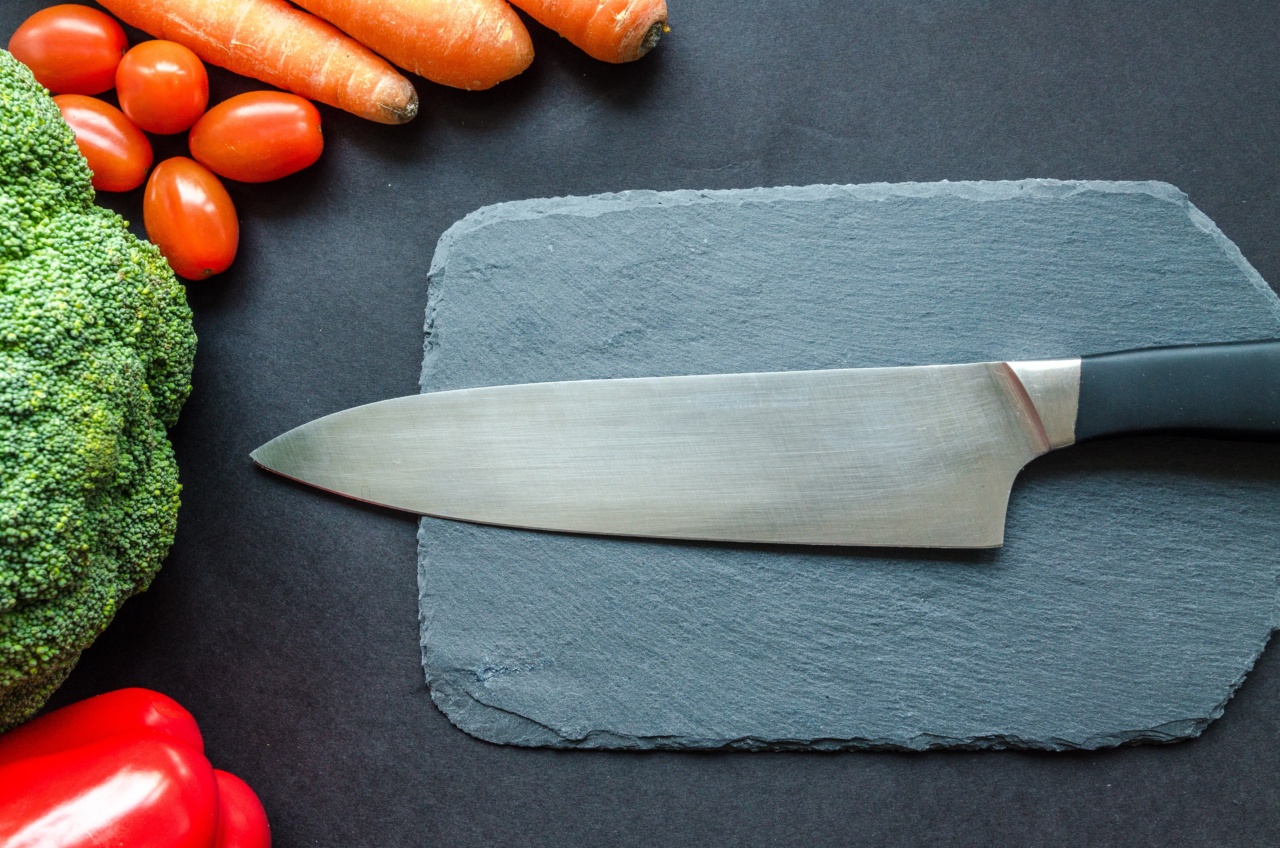Having healthy and luscious hair is a desire for many individuals. While there are numerous factors that contribute to hair health, one crucial aspect is incorporating the right vitamins into your diet.
Vitamins play a vital role in maintaining the strength, shine, and thickness of your hair. In this article, we will explore the top vitamins for healthy hair and their sources. We will delve into how each vitamin benefits your hair and provide you with a comprehensive guide to achieve those enviable locks.
Vitamin A
Vitamin A is an essential vitamin for hair health as it aids in the production of sebum, an oily substance that moisturizes the scalp and keeps the hair hydrated. It also helps in promoting hair growth and preventing hair breakage.
Some excellent sources of vitamin A include:.

– Carrots.
– Sweet potatoes.
– Spinach.
– Mangoes.
– Eggs.
Vitamin B7 (Biotin)
Biotin, commonly known as vitamin B7, plays a crucial role in maintaining the health of your hair. It supports the production of keratin, a protein essential for healthy hair growth.
Consuming sufficient amounts of biotin can enhance hair strength and texture. You can find biotin in the following foods:.

– Almonds.
– Walnuts.
– Salmon.
– Avocados.
– Sweet potatoes.
Vitamin C
Vitamin C is not only beneficial for strengthening the immune system but also plays a vital role in hair health. It aids in the production of collagen, a protein that helps in hair growth and prevents hair breakage.
Additionally, vitamin C assists in the absorption of iron, a mineral essential for healthy hair. Some vitamin C-rich foods include:.

– Oranges.
– Strawberries.
– Kiwis.
– Bell peppers.
– Broccoli.
Vitamin D
Vitamin D is crucial for hair follicle cycling, which ensures healthy hair growth. It also plays a significant role in preventing hair loss.
While our bodies naturally produce vitamin D when exposed to sunlight, certain foods can also provide this essential vitamin. Some sources of vitamin D are:.

– Fatty fish like salmon and mackerel.
– Cod liver oil.
– Egg yolks.
– Cheese.
– Fortified milk and cereals.
Vitamin E
Vitamin E is known for its strong antioxidant properties, which help neutralize free radicals and reduce oxidative stress on the scalp. This, in turn, promotes healthy hair growth. Foods rich in vitamin E include:.

– Almonds.
– Sunflower seeds.
– Spinach.
– Swiss chard.
– Olive oil.
Vitamin B12
Vitamin B12 is essential for healthy hair as it aids in the production of red blood cells, which carry oxygen and nutrients to the scalp and hair follicles. Insufficient levels of vitamin B12 can lead to hair loss and slow hair growth.
Sources of vitamin B12 include:.

– Shellfish (such as clams and oysters).
– Liver.
– Fortified breakfast cereals.
– Cheese.
– Eggs.
Niacin (Vitamin B3)
Niacin, also known as vitamin B3, plays a pivotal role in promoting healthy hair growth. It enhances blood circulation to the scalp, thereby providing essential nutrients to the hair follicles. Foods rich in niacin include:.

– Chicken breast.
– Tuna.
– Mushrooms.
– Peanuts.
– Green peas.
Iron
Iron is a mineral that contributes to hair health by facilitating the delivery of oxygen to the hair follicles. Insufficient iron levels can lead to hair loss and slow hair growth. Some iron-rich foods include:.

– Red meat.
– Spinach.
– Lentils.
– Soybeans.
– Dark chocolate.
Zinc
Zinc is vital for hair tissue growth and repair. It helps in maintaining the oil-secreting glands on the scalp, promoting hair follicle health. Inadequate zinc levels can lead to hair loss and scalp conditions. Foods high in zinc include:.

– Pumpkin seeds.
– Beef.
– Shrimp.
– Chickpeas.
– Greek yogurt.
Omega-3 Fatty Acids
Omega-3 fatty acids play a significant role in hair health as they nourish the hair follicles, promoting hair growth and strength. These healthy fats can be found in various foods such as:.

– Fatty fish (salmon, sardines, and mackerel).
– Chia seeds.
– Flaxseeds.
– Walnuts.
– Soybeans.
Conclusion
Ensuring the intake of these essential vitamins and minerals can greatly improve the health and appearance of your hair. Remember to maintain a balanced and nutritious diet, incorporating these hair-friendly foods.
Additionally, consult with a healthcare professional or a registered dietitian to determine the appropriate amounts of these vitamins based on your individual needs. By taking proper care of your hair from the inside out, you can achieve and maintain the vibrant and healthy hair you desire.































